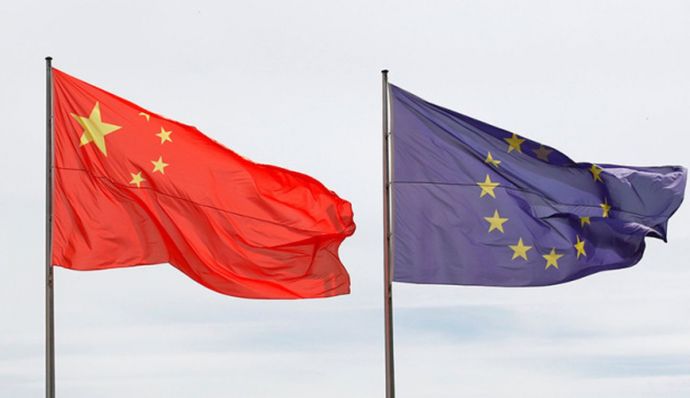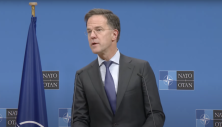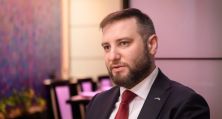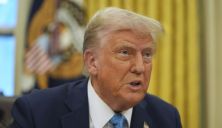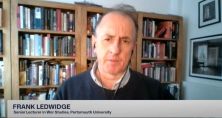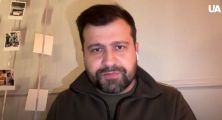China is in a very difficult economic situation, which is why Beijing began to intensify dialogue with the countries of the European Union. To restore its markets, China wants to integrate into the EU system. This opinion was expressed today, September 12, on the air of the FREEDOM TV channel by an expert on international relations, People’s Deputy of Ukraine of the 6th convocation Yevhen Dobryak.
According to him, the difficult economic situation in China is connected with post-Covid processes, with the failure of their mortgage policy, a very sharp decrease in the export potential in all parameters and to all countries, disruption of logistics chains (as a result of Russia’s war against Ukraine, a big problem with logistics chains, transportation, etc.).
“In connection with these problems, last year China started intensifying dialogues with the European Union, with European states – Germany, France, Italy and the European Commission. Because the main and largest market for China is and was the European Union. At its peak, trade between the EU and China amounted to about 960 billion dollars. That is, it was a huge potential. The source of investments, the source of high technologies, the system of banking transnational relations — all this was connected with the European Union, the United States, in fact the “Seven” countries. Therefore, China has big problems today, and China is looking for ways to smooth out this situation,” Dobryak says.
The expert explained that Beijing wants normal rules of the game with the European Union in order to restore its logistics chains and export potentials that China had before.
“At the G20, a revealing, very interesting moment happened when, firstly, Xi Jinping did not arrive. There are various speculations as to why it was not there, but one of the main ones is that India is a very big competitor of China, India and China have territorial claims (you know the scandalous events that again a map was printed by China where one of the states of India actually part of the PRC). That means a lot of problems. And Xi Jinping did not want to appear as a minor player on the G20 floor as India hosted the summit. And Modi was in the first roles,” he says.
Dobryak called the second interesting event the actual opening of the alternative “Silk Road” logistics route “One Belt – One Road”, which was declared by China.
“This is a very interesting project — India, the Middle East, Europe. De Modi, Crown Prince of Saudi Arabia Mohammed Ben Salman, Joseph Biden, Ursula von der Leyen held quite serious negotiations and announced that a new transit corridor for such logistics chains would be formed. This is a big blow to China, by the way, which will increase trade with India and speed up all trade operations by 40%. Therefore, today China is looking for an alternative and is asking to be assimilated again, to integrate into the European system in order to restore its markets, restore the possibility of investing in Europe and receive investments and innovations from Europe,” said the international expert.
But, he noted, the European Union looks very carefully at all these issues of monodependence.
“With great efforts, the European Union moved away from dependence on Russian energy carriers, diversifying. Thus, the issue of not having the same precedent with economic and commodity dependence on the PRC is being considered. Therefore, interesting events are really developing here, which should be watched. I think that now there will be such an intention and movement of China towards rapprochement with the USA. Premier of the State Council Li Qiang met with Biden, where he convinced that China wants normal competition and does not want any tension, and wants to restore relations, etc. That is, there is such a complex of issues here that China understands that it is in a very difficult, difficult economic situation, and most likely, probably, such major global moments of foreign policy will now take a back seat in China, and above all, the issue of stabilizing the domestic economic situation in China will be the priority. Yevhen Dobryak summarized.

